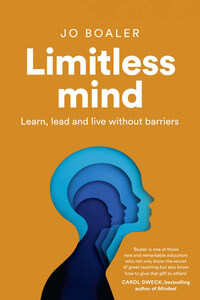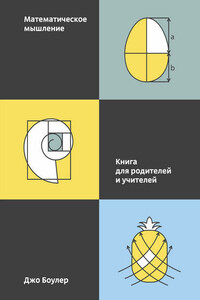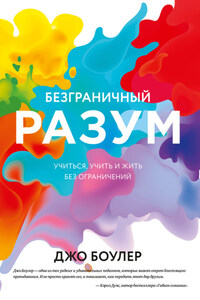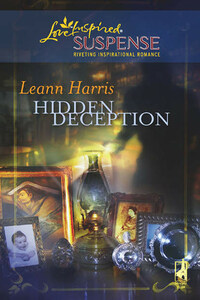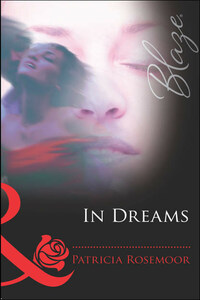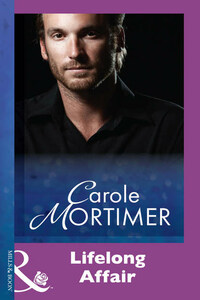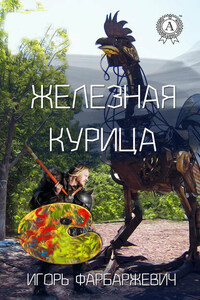COPYRIGHT
Thorsons
An imprint of HarperCollinsPublishers
1 London Bridge Street
London SE1 9GF
www.harpercollins.co.uk
First published in the USA by HarperCollinsPublishers 2019
This edition published by Thorsons 2019
FIRST EDITION
© Jo Boaler 2019
Cover layout design by Sim Greenaway © HarperCollinsPublishers 2019
Cover images © shutterstock.com
Designed by Terry McGrath
A catalogue record of this book is available from the British Library
Jo Boaler asserts the moral right to be identified as the author of this work
All rights reserved under International and Pan-American Copyright Conventions. By payment of the required fees, you have been granted the nonexclusive, non-transferable right to access and read the text of this e-book on screen. No part of this text may be reproduced, transmitted, downloaded, decompiled, reverse engineered, or stored in or introduced into any information storage retrieval system, in any form or by any means, whether electronic or mechanical, now known or hereinafter invented, without the express written permission of HarperCollins e-books.
Find out about HarperCollins and the environment at www.harpercollins.co.uk/green
Source ISBN: 9780008305666
Ebook Edition © September 2019 ISBN: 9780008305680
Version 2019-08-23
Information about External Hyperlinks in this ebook
Please note that footnotes in this ebook may contain hyperlinks to external websites as part of bibliographic citations. These hyperlinks have not been activated by the publisher, who cannot verify the accuracy of these links beyond the date of publication.
DEDICATION
I dedicate these pages to the people I interviewed for the book who opened their hearts and shared their journeys—I could not have written this book without you. I also dedicate this book to my two amazing daughters. Thank you for being you, Jaime and Ariane.
CONTENTS
Cover
Title Page
Copyright
Dedication
INTRODUCTION The Six Keys
CHAPTER 1 How Neuroplasticity Changes … Everything
CHAPTER 2 Why We Should Love Mistakes, Struggle, and Even Failure
CHAPTER 3 Changing Your Mind, Changing Your Reality
CHAPTER 4 The Connected Brain
CHAPTER 5 Why Speed Is Out and Flexibility Is In!
CHAPTER 6 A Limitless Approach to Collaboration
CONCLUSION Living Without Limits
Acknowledgments
Resources to Help Change Mindsets and Approaches
Appendix I: Examples of Numerical and Visual Approaches to Math Problems
Appendix II: A Sample Rubric
Notes
Credits and Permissions
Index of Searchable Terms
Also by Jo Boaler
About the Publisher
INTRODUCTION
THE SIX KEYS
IT WAS A SUNNY DAY and I stopped to appreciate the sunlight playing on the columns of the San Diego museum as I walked into my presentation. A flutter of nerves passed through me as I climbed the steps of the auditorium, ready to share the latest science on the ways we learn to a room packed with medical professionals. I speak regularly in front of teachers and parents but was uncertain how a different audience would relate to my latest discoveries. Would my ideas fall flat?
I needn’t have worried. The response from the group of medical professionals was the same as that of the many students and educators I regularly work with. Most were surprised, some were shocked, and all could immediately see the crucial connections of these ideas to their work and lives. Several even started to see themselves in a new light. Sara—an occupational therapist—rushed up to me afterward to tell me how she dropped out of a math major many years ago when the work got difficult and she felt as if she didn’t belong. She recalled an experience of being held back by damaging and incorrect beliefs about her ability. She believed, as most people do, that there were limits to what she could do.
But what if the opposite is true, and we can all learn anything? What if the possibilities to change our expertise, to develop in new directions, to form different identities as people are actually endless and continue throughout our lives? What if we wake up every day of our lives with a changed brain? This book will share evidence that our brains—and our lives—are highly adaptable, and that when people fully embrace this knowledge and change their approach to their lives and their learning, incredible outcomes result.
Almost every day I meet people who believe damaging ideas about themselves and their learning, and they come from all ages, genders, jobs, and walks of life. Typically people will tell me that they used to like math, art, English, or another subject area, but when they started to struggle, they decided they did not have the right brain for the work and gave up. When people give up on math, they also give up on all math-related subjects, such as science, medicine, and technology. Similarly, when people get the idea they cannot be a writer, they give up on all subjects in the humanities, and when people decide they are not artistic, they give up on painting, sculpture, and other aspects of the fine arts.
Every year millions of children start school excited about all they will learn, but quickly become disillusioned when they get the idea they are not as “smart” as others. Adults decide not to follow pathways they had hoped to pursue because they decide they are not good enough for them, or they are not as “smart” as other people. Thousands of employees enter meetings in the workplace anxious that they will be found out, and exposed for not “knowing enough.” These limiting and damaging ideas come from inside us, but they are usually sparked by incorrect messages sent by other people, and by institutions of education. I have met so many children and adults whose lives were limited by incorrect ideas that I decided it was time to write a book dispelling the damaging myths holding people back on a daily basis; it was time to offer a different approach to life and to learning.
